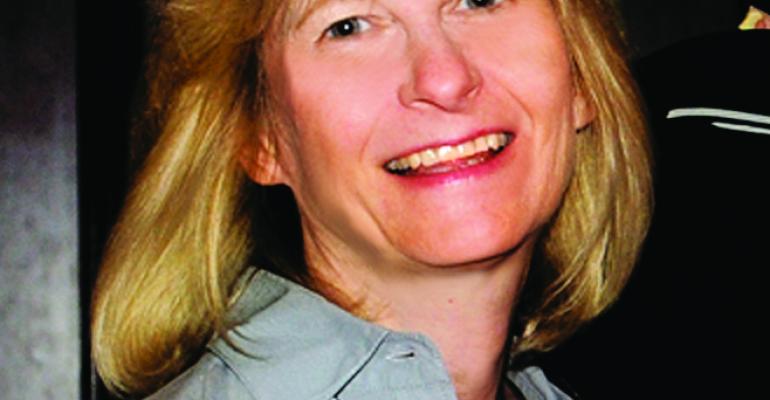Shortly before I began writing this column in late July, the jury in the George Zimmerman trial acquitted him of second-degree murder and manslaughter charges in the death of Trayvon Martin.
Thankfully, those who disagreed with the verdict conducted mostly peaceful protests in many cities across our nation, and there was a call from the President of the U.S. for respect for the judicial system as well as for calm. He later recounted at an unscripted press conference that he has, as have most young black men in America, experienced women clutching their pocketbooks when entering an elevator and seeing a black man; or been followed in a department story by security, because of the color of his skin.
I can’t deny that on occasion, when walking alone in a large city, I’ve crossed the street when I’ve seen a group of young black men I perceived as threatening. Or gripped my pocketbook a bit closer.
Around the same time as the verdict, one of our editors posted a “top female speakers” list from a speakers bureau on our Web site. This particular list happened to include all white females, hardly representative of the speaker population at large, but which elicited a discussion on our MeetingsNet LinkedIn group about how to find women of color or minority backgrounds to speak at their conventions.
It made me stop and think: I’ve attended many meetings in our industry where two-thirds of the audience is women yet the speakers on the stage—especially the “high-powered” ones—are all male. Couldn’t the organizers have found at least one woman with eloquence and a point of view to share? I am not suggesting that all speakers need to represent the majority of the audience, but that the demographics of the audience should be taken into consideration.
We have four generations in today’s workforce and you certainly have (or should have) that same mix at your conferences: Shouldn’t you be cultivating younger generations as presenters and panelists? Divergent points of view, people of all ages, sexual orientations, gender, and race—these all reflect the makeup of our society today and, more and more, our meetings’ attendees.
The one thing that really terrified me after the Zimmerman trial was an interview I heard on a news channel with one of the female jurors, who remained anonymous, about how the jury had come to its conclusion. From the CNN transcript, and speaking only for herself: “Asked about what role race might have played in the trial, the juror said it did not matter. ‘Zimmerman did not target Martin, who was African-American, because of the color of his skin,’ she said.”
We should all take time to reflect.





